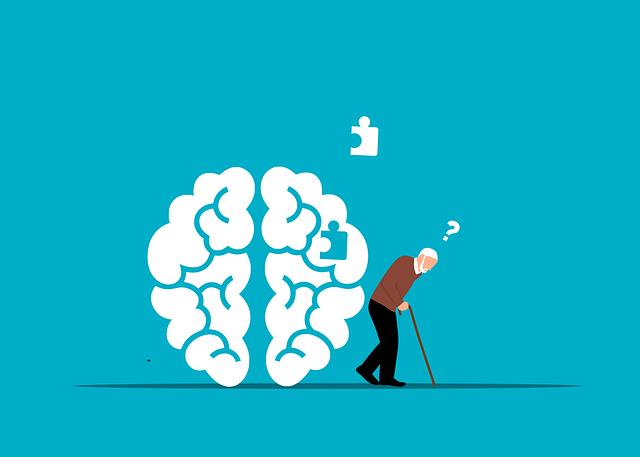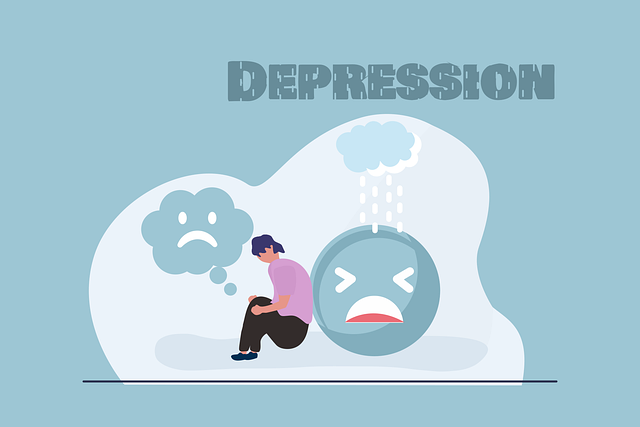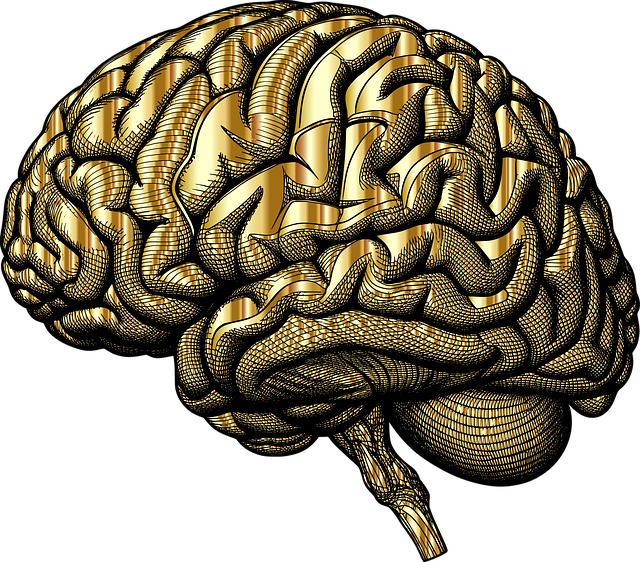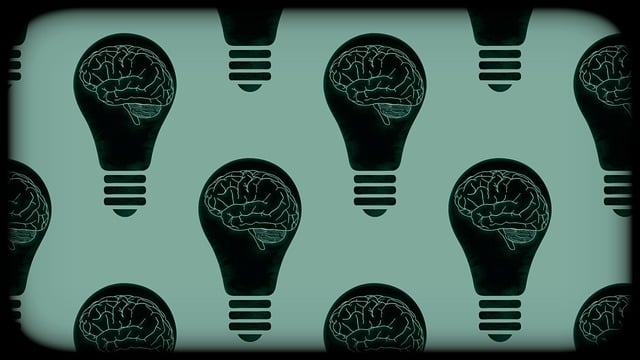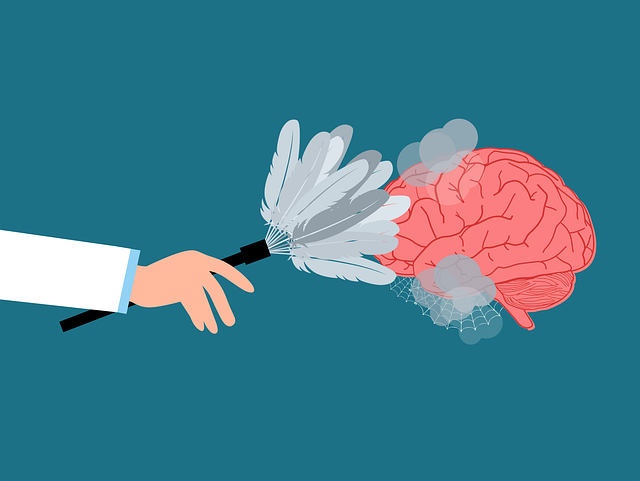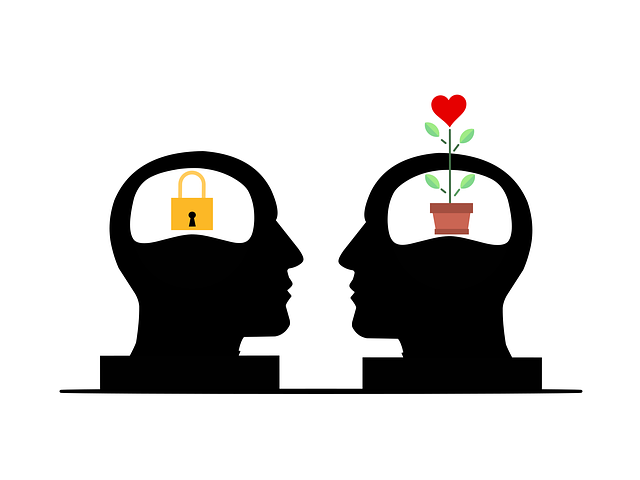Promoting mental wellness in adolescent teens is vital for their development, addressing unique challenges like peer pressure, academic demands, and identity formation. Therapists provide tailored, evidence-based therapy focusing on anxiety, depression, and self-esteem, fostering resilience and healthier coping mechanisms. Community outreach programs and education reduce stigma, encouraging early intervention. A holistic approach including CBT and social skills training equips teens with tools to manage stress and build healthy relationships, creating supportive environments for their mental wellness journey. Therapy for adolescent teens and therapists-clinicians plays a crucial role in developing adaptable, emotionally balanced individuals.
Mental wellness promotion is a crucial aspect of holistic development, especially for adolescent teens. This article delves into essential strategies to enhance mental health, focusing on understanding specific needs and effective therapy practices tailored for this demographic. We explore the critical role of therapists-clinicians in fostering resilience and coping mechanisms among youth. By examining various approaches, we aim to equip professionals with tools to provide comprehensive therapy for adolescent teens, ultimately improving their overall well-being.
- Understanding Mental Wellness Promotion for Adolescent Teens
- The Role of Therapists-Clinicians in Youth Mental Health
- Effective Strategies and Practices for Holistic Therapy
Understanding Mental Wellness Promotion for Adolescent Teens

Promoting mental wellness among adolescent teens is a critical aspect of their overall development and well-being. This age group faces unique challenges, including peer pressure, academic demands, and identity formation, which can significantly impact their mental health. Understanding the nuances of adolescence is essential for therapists and clinicians to provide effective therapy for adolescent teens. By tailoring interventions to address specific issues like anxiety, depression, and self-esteem concerns, professionals can foster healthier coping mechanisms and resilience.
Implementing community outreach programs and mental health education can further support this demographic. These initiatives aim to reduce the stigma surrounding mental illness by promoting open conversations and early intervention. Well-designed programs educate teens about recognizing signs of distress and encourage them to seek help without fear of judgment, ensuring a more supportive environment for their mental wellness journey.
The Role of Therapists-Clinicians in Youth Mental Health

Therapists and clinicians play a pivotal role in promoting mental wellness among youth, offering specialized therapy for adolescent teens facing various challenges. They provide a safe space for young individuals to express their thoughts and emotions, helping them navigate through stressful life situations. Through evidence-based practices, therapists guide adolescents in developing effective coping strategies, enhancing emotional intelligence, and fostering resilience. The therapeutic process enables teens to explore underlying issues, such as anxiety, depression, or trauma, using techniques like journaling exercises and crisis intervention guidance to promote mental wellness.
These professionals are equipped with the knowledge and skills to deliver therapy for therapists-clinicians, ensuring they stay updated on the latest research and treatment methods. By participating in ongoing training and supervision, therapists can improve their capabilities in providing quality care. They offer conflict resolution techniques as part of their guidance, helping youth manage interpersonal challenges and build healthier relationships. This holistic approach to mental wellness supports adolescents in becoming more adaptable and emotionally balanced individuals.
Effective Strategies and Practices for Holistic Therapy

Promoting mental wellness among adolescent teens requires a holistic approach that caters to their unique needs and challenges. Effective therapy for this demographic should focus on fostering resilience, self-awareness, and coping mechanisms tailored to their developmental stage. Therapists-clinicians can employ strategies such as cognitive-behavioral therapy (CBT), which has proven successful in treating various mental illnesses, including anxiety and depression. CBT equips teens with practical tools to manage their thoughts and emotions, enhancing their ability to cope with stressful situations.
Additionally, social skills training is a valuable component of holistic therapy. By reducing the stigma associated with mental illness through supportive environments and peer interactions, therapists can encourage open communication and help teens build healthy relationships. This approach not only improves their social functioning but also contributes to overall mental wellness. Such interventions create a safe space for teens to express themselves, fostering self-acceptance and empowerment.
Mental wellness promotion is a comprehensive approach that involves understanding adolescent teens’ unique needs and implementing holistic strategies. By integrating effective practices, therapists-clinicians can play a pivotal role in fostering resilience and enhancing the mental health of young individuals. Focusing on evidence-based therapy for adolescent teens allows for early intervention and long-lasting positive outcomes, ensuring these years are not only about growth but also about cultivating robust mental well-being.


